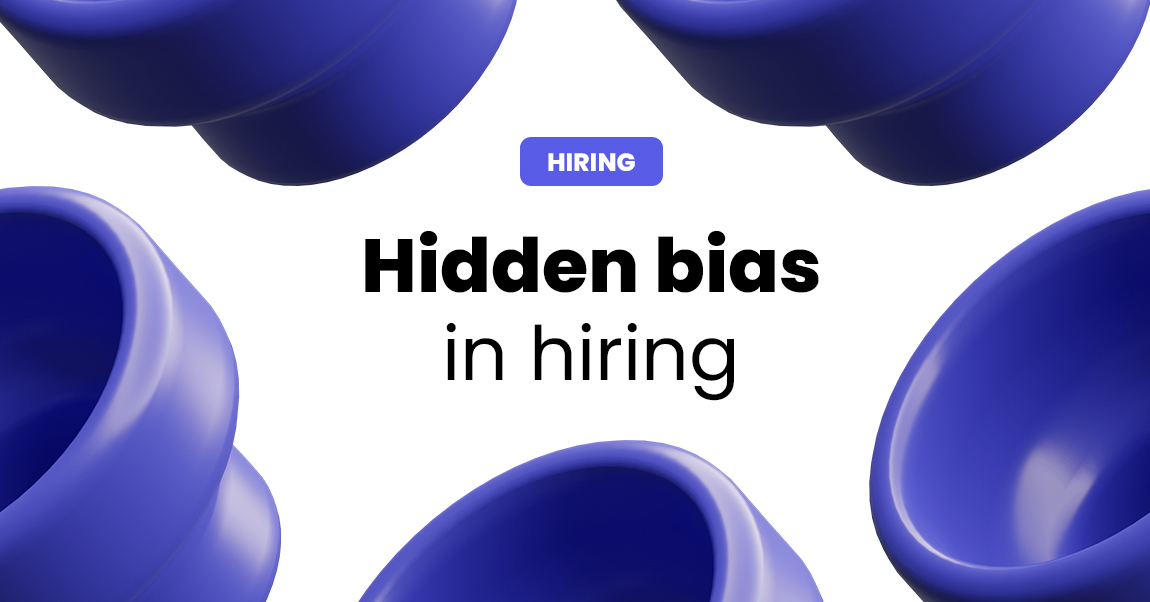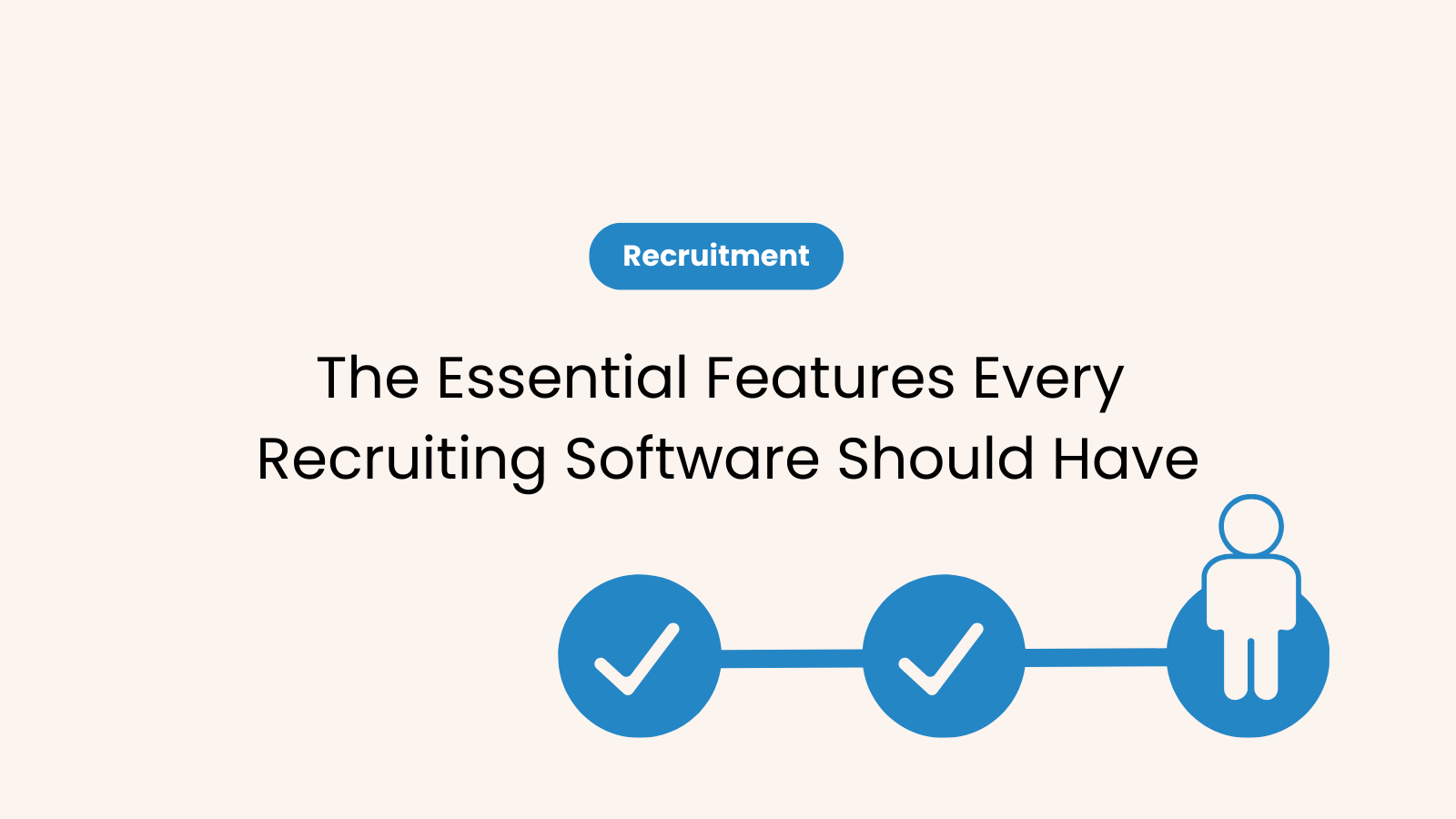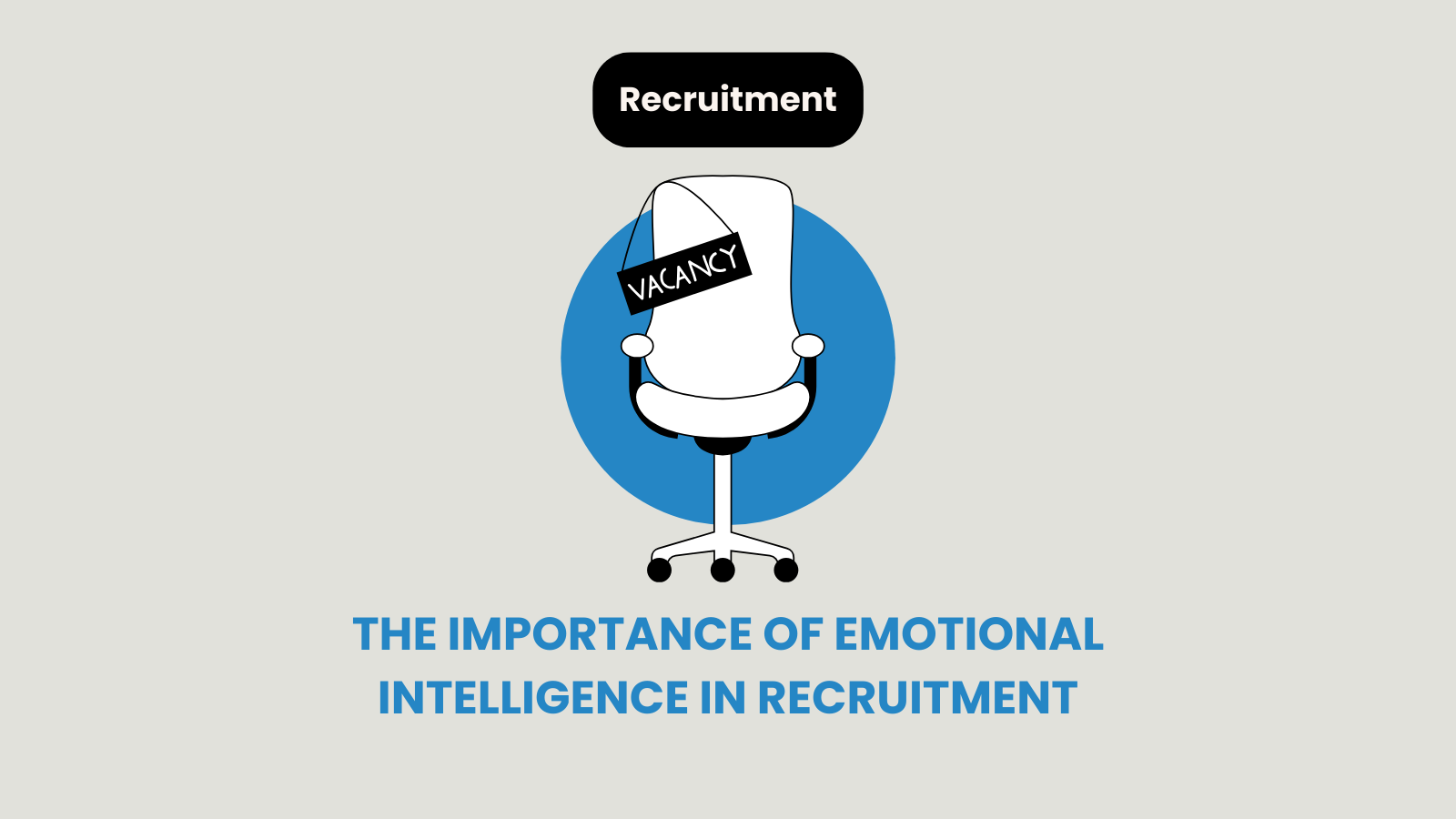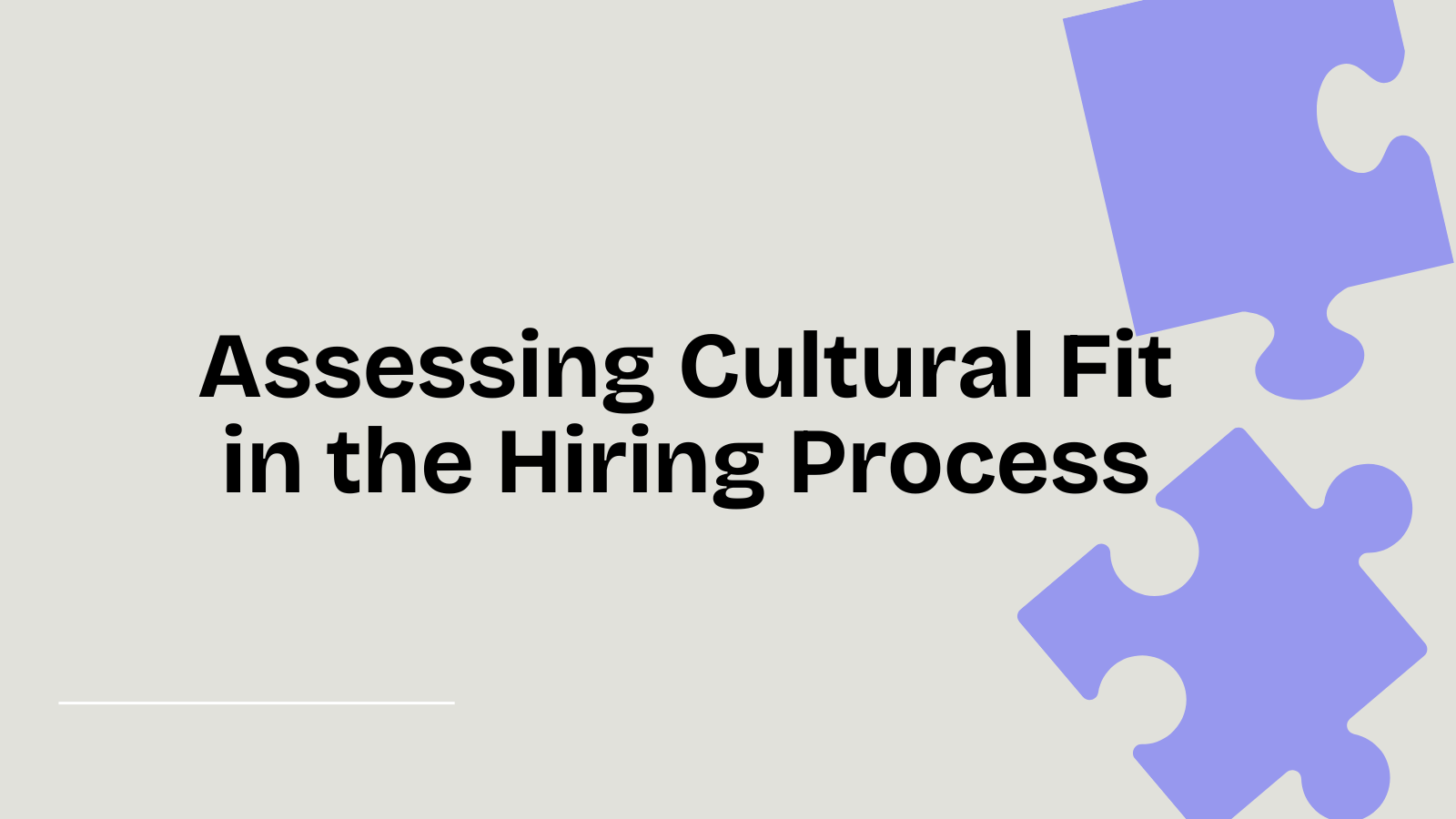In an era abundant with job opportunities, the competition and multiplicity of companies bring about the potential for workplace instability. This is particularly true in organizations still shaping their identity and yet to establish a prominent brand. Concurrently, even well-established corporations face the challenge of mass layoffs, often driven by financial constraints or the restructuring of specific roles. In this blog post, we aim to offer insights into the experience of getting fired and provide valuable guidance on navigating this challenging phase. We will share practical tips on seizing excellent opportunities that arise after such a stressful event.
Understanding the Layoff Landscape
If you encounter a layoff, it’s crucial to recognize that it’s not the end of the world. Especially in fields like IT, design, digital marketing, e-commerce sales, etc., opportunities for finding a decent or even better job are often abundant.
Firstly, try to understand the reason behind your termination from your previous role. Common scenarios include:
Part of a Mass Layoff
If you’ve been part of a mass layoff, consider it as a systemic reshuffle within the company. It’s not necessarily a reflection of your performance. Leverage your network of former colleagues for a collective job search. Also, in industries like IT, where mass layoffs are increasingly common, your experience and skills will likely be valued by recruiters from more stable companies.
Unsatisfactory Results
If you get fired due to unsatisfactory results, it’s often a subjective matter. Layoff might occur when contracts are up for renewal, typically set for 2 or 3 months. Understand the reasons behind the dissatisfaction, adjust your approach, and inquire about specific feedback. Adapting based on this feedback can enhance your chances of success in future roles.
Termination and Position Requalification
In multinational companies, positions may open and close periodically. If you’ve been in a specific role for an extended period and face termination due to position requalification, it can be emotionally challenging. Recognize the uniqueness of these positions and understand that finding an identical role elsewhere might be challenging. Be aware that your acquired skills are valuable across specific industries, giving you a distinctive edge in the job market. Be prepared for a potentially more extended job search, but consider your unique skill set an asset that sets you apart from other candidates.
The Art of Self-Reflection and Unearthing Crucial Potentials
Regardless of the circumstances leading to your layoff, it’s essential to assess the skills and qualities that have contributed to your past success. Maintain a realistic understanding of contemporary industry trends. Regularly evaluate whether you are staying abreast of the latest developments critical for professional advancement.
If you hold a leadership position in any field, proactive strategizing and effective task delegation are paramount. For instance, as a marketing manager, staying updated on new tools and strategies is vital for optimal product placement, search engine visibility, customer engagement, and service sales. Similarly, as a delivery manager in an IT team, diversify your skill set beyond programming to encompass management, sales, and effective communication—both internal and external. Exploring various communication programs and staying informed about market offerings can facilitate this broadened skill acquisition.
Conversely, if your role involves hands-on craftsmanship within a team, resist complacency. Continuously enhance the usefulness and purposefulness of your role. Engage with colleagues to not only stay informed about online trends but also to explore collaborative ways to improve your responsibilities. In the ever-evolving professional landscape, staying connected and adaptable is key to sustained success.
Crafting Your Comeback: Strategies for Post-Getting Fired Triumph
Navigating the post-layoff journey can be a challenging, sometimes monotonous, and stress-inducing process. This is predominantly an individual endeavor, heavily reliant on your accumulated experience and references. If you boast a history of 3+ years of intensive, high-quality work in reputable companies, your prospects of securing a new job swiftly are considerably high.
On the other hand, having an extensive track record opens the door to negotiating favorable conditions. You can leverage your experience to request flexible working hours, better financial compensation, and increased autonomy in shaping business strategies. An interesting option worth exploring is the potential for independent freelance work—establishing your own business by connecting with clients. In the case of a mass layoff, collaborating with former colleagues on new business ventures becomes a promising opportunity.
For individuals with junior experience, especially those with only a handful of references, the path forward is more arduous. Recognize the journey ahead involves tireless efforts—sending out numerous CVs, crafting cover letters, completing unpaid tasks, all amidst fierce competition. This holds particularly true for roles in marketing, content writing, social media consultancy, and sales, where finding the ideal positions for individuals with minimal experience may be harder. Persistence and strong decision become paramount in this scenario.
Developers may find a slightly smoother path, given the prevalence of open positions, though statistics suggest a decreasing number of junior developer roles. The job market might pose greater challenges for those in marketing, content writing, social media consultancy, and sales with limited experience. Unwavering persistence is crucial for success. View the recruitment process not only as a job search but also as a valuable opportunity for learning. Gain insights into diverse management approaches, selection processes, HR methods, and more. Stay well-informed by following products and resources that expedite and enhance job-finding through effective references.
Resilience in the Job Hunt Journey
This segment serves as a natural extension of the previous discussion, emphasizing the psychological preparedness required for the impending period. The uncertainty inherent in a job search, especially for those new to the business landscape, can evoke anxiety, a sentiment substantiated by psychological research that identifies the fear of an uncertain future as a prevalent human concern.
Approaching this phase with a positive mindset, particularly for business beginners, may be challenging. Acknowledge that grappling with uncertainty is a common and rational experience shared by many throughout their lives. Transform this phase into an investment, recognizing that it can yield results in the future.
Period of rest
Experienced professionals, when faced with job loss, often opt for a period of rest before engaging with new opportunities. While this decision has its merits, it also poses risks, especially if financial security allows for prolonged idleness. The break, though, can lead to fresh perspectives and ideas, prompting individuals to reevaluate their skills and market value. This introspective period need not necessarily culminate in starting an independent business; it can also involve presenting innovative ideas during the recruitment process, creating a mutually beneficial scenario.
Building mental resilience
Individuals with less experience may feel the pressure to secure a new job swiftly, intensifying the challenge with a time constraint. Building mental resilience becomes crucial in such circumstances, encouraging individuals to use idle periods for skill-building and learning. Focusing on relevant trends and community experiences is advised. Embrace rejection as an opportunity for continuous learning and improvement, integral to navigating the evolving landscape of job searches. Recognize that transforming rejection into networking opportunities is a highly valuable skill to acquire.
What if you find a new job, and face the possibility of getting fired soon after
Yes, it’s a scenario that occurs more often than one might think. Commonly, inadequate transparency in the recruitment process, misaligned expectations, and unclear mutual goals contribute to the situation. Unrealistic expectations set during the hiring process, coupled with a lack of stability and clear organizational goals, can result in a new employee being fired shortly after starting.
In dynamic fields like digital marketing, particularly in SEO where results may not be immediately tangible, employers might hastily terminate employment without understanding the time required for observable outcomes. In such cases, rather than becoming disheartened, it’s essential to learn from the sequence of events and negotiate realistic timelines for results in subsequent roles.
If layoff happens in roles where results are more tangible, such as in design, content writing, or lead generation, and you’ve met your quotas, it may indicate a lack of clear company goals. Consequently, careful consideration is crucial when selecting a job, especially when multiple options are available. In today’s fast-paced environment, individuals sometimes prioritize higher pay over other considerations, which may not be the best practice, especially for those seeking stability in a reputable company.
From the company’s perspective, prioritizing quality and rapid progress is understandable. Management should consider investing in employees who show potential for further advancement. Offering paid courses, training, and learning opportunities is a more profitable strategy than frequently changing employees, saving both time and money. Providing such benefits fosters employee appreciation, loyalty, and commitment to the company’s policies, creating a more stable and harmonious work environment.
Achieve career success regardless of being fired
Direct your focus towards your career success, actively seeking a position within a company that aligns with your needs and expertise. Explore avenues to connect with potential employers by researching the experiences of individuals within your niche and industry. Emphasize your skills and conduct thorough research on the company’s references and track record.
When approaching potential employers, be transparent about your aspirations, and resist agreeing to requests you know you cannot fulfill. It’s prudent to decline a role if you feel unprepared at the moment, taking the time to ensure readiness for future opportunities. Don’t hesitate to reapply to the same company when you’re confident about meeting the demands of the position.
Whether facing individual or mass layoffs, strategize to identify an even better company for your next career move.




